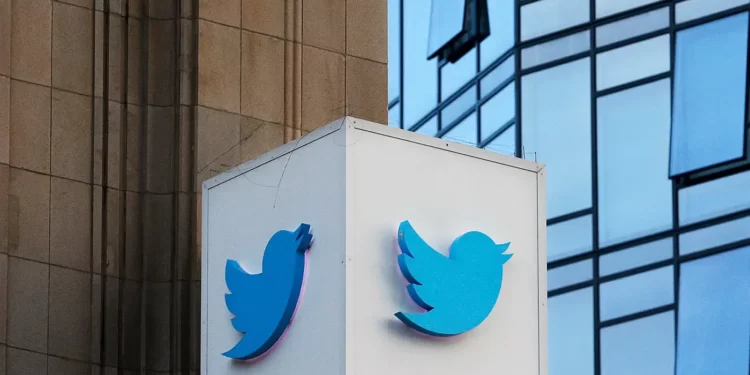Australia’s internet watchdog has demanded an explanation from Twitter regarding its handling of rising online hate under billionaire Elon Musk’s management. The troubled social media platform has been given a 28-day deadline to respond to the legal warning.
Twitter has become the most complained-about platform in Australia after reversing the ban on 62,000 suspended accounts, says Australia’s eSafety Commissioner Julie Inman Grant. The banned accounts were reinstated by new owner Musk, who went on to implement radical changes across the platform in a bid to increase declining profits and attract investors and advertisers.
“Twitter appears to have dropped the ball on tackling hate,” says Grant. “We need accountability from these platforms and action to protect their users, and you cannot have accountability without transparency and that’s what legal notices like this one are designed to achieve.”
Despite having fewer users compared to Facebook and TikTok, Twitter is now receiving a greater number of complaints regarding hate speech, according to the commissioner, who added there has been a significant surge in harmful posts since Musk’s takeover.
Twitter has been given 28 days to explain to the regulator how it handles potentially harmful content. In case of failure to respond, the company will be fined 700,000 Australian dollars ($476,000) for each day beyond the missed deadline.
The commissioner’s charges against Twitter reflect the research that was conducted into rising hate speech on Twitter by various civil society and academic institutions following Musk’s acquisition. One such report showed the posts, targeting people for their race and identity, recorded an alarming rise of 272 percent on the platform.
The problems with moderation on Twitter began to arise as Musk slashed entire content moderation and safety and accountability teams as part of his controversial efforts to reduce costs at the company. His erratic decisions remained the focus of global regulatory scrutiny for months, with critics and digital safety experts questioning whether the platform would be able to fulfill basic regulatory obligations under such extreme circumstances.
Musk’s Twitter Blue initiative, which monetised its legacy verification badges, also led to an infiltration of imposter accounts, driving away several key advertisers. Concerns were raised that the platform was not safe for advertisers any more, especially after some fake accounts impersonated large businesses and disseminated controversial tweets, leading to drastic declines in their market share value.





